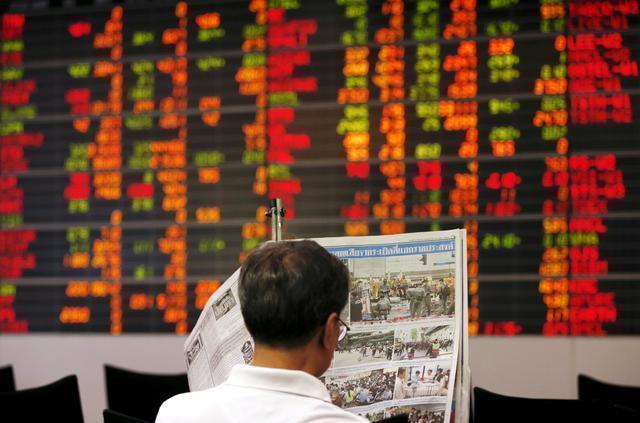September starts with new price hikes. Turkey raised the price of natural gas used by power plants by 49.5%, the gas used by industry by 50.8%, consumed by SMEs by 47.6%, and consumer gas prices increased by 20.4%, according to the state energy company BOTAS.
The country also increased the price of electricity used by homes and agricultural activities by 20.0%, consumed by the public and private services sector and other groups by 30.0%, while the electricity for the manufacturing industry was raised by 50%, according to the Energy Market Regulatory Authority (EPDK). Thus, the amount to be paid by the residential group will total TRY 173.46 per 100-kilowatt hours.
The Turkish economy grew 7.6% year-on-year in the second quarter of 2022 (Q2), according to the Turkish Statistical Institute (TurkStat). With this growth, Turkey became the second-fastest growing economy in the G20 and OECD. The business world stated that they are satisfied with the country’s growth performance in Q2 considering the current conjuncture, such as the Russia-Ukraine war and the pandemic. However, economists said the growth accompanied by high inflation isn’t inclusive for paid employees, and the income distribution problem increases.
The UK-based Capital Economics also evaluated Turkey’s economic growth performance in Q2 after the data was released. The Turkish economy grew in Q2 but the country’s external fragility increased and TRY continues to be prone to considerable devaluation. Jason Tuvey, the senior emerging markets economist at Capital Economics, said measures to support households in the face of soaring inflation helped prop up consumer spending. “Robust growth in the first half of this year, high global energy prices, and policies to shield households from the surge in inflation mean that inflation will become entrenched, and the current account deficit will remain wide,” he said in a note.
Turkey’s benchmark stock index ended yesterday at 3,171.21 points, up 0.20% from the previous close, hitting a new record high after the Q2 growth data exceeded expectations. The BIST 100 index gained 6.5 points from Monday’s close of 3,164.96 points with a daily trading volume of TRY 73.1bn. The global equity markets have a deliberate course after the expectation of central banks to continue to aggressively increase the interest rate, which has been supported by the released data, according to analysts. They said 3,050 points will be the support level and 3,200 points will be the resistance level for the BIST 100 index, in technical terms.
DAILY AGENDA
The Istanbul Chamber of Industry (ISO) will release Purchasing Managers’ Index (PMI) for August (10.00 a.m.).
The Central Bank will release weekly monetary and banking statistics (2.30 p.m.).
Meanwhile…
>> The U.S.-based international credit rating agency Moody’s upgraded Turkey’s economic growth forecast from 3.5% to 4.5% for 2022 and downgraded it from 4.5% to 2.5% for 2023. The agency also raised its annual inflation forecast for Turkey from 52.1% to 68.6% for 2022 and from 30.0% to 40.0% for 2023.
>> The domestic borrowing by the Treasury will total TRY 130.5bn in September-November as opposed to its existing domestic debt of TRY 122bn, according to the Ministry of Treasury and Finance. There won’t be external borrowing in this period.
READ A SELECTED ARTICLE FROM OUR MAGAZINE:
>> Intention and fortune in KKM
Our Critical Angle Columnist Ismet Ozkul analyses the FX-protected TRY deposit account implementation.










